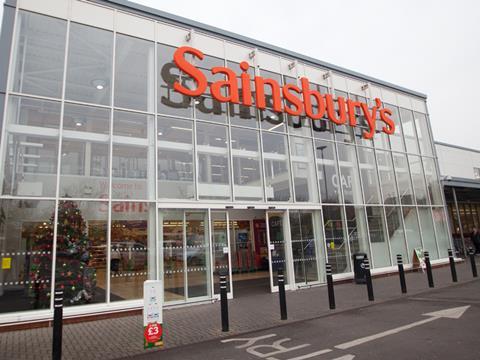
The papers are dominated this morning, as you’d expect, with build up to Chancellor George Osborne’s final Budget before the general election in May. But they still find room to cover Sainsbury’s fourth quarter results in which the supermarket posted its fifth consecutive fall in underlying sales as like-for-like sales slipped by a not-as-bad-as-predicted 1.9% in the final three months of the year to March. The Times (£) reported boss Mike Coupe was “not holding his breath” for consumers to relax austere spending any time in the near future.
The Financial Times (£) and The Telegraph concentrated on the “green shoots” of recovery at the retailer. Coupe said there were “some signs of green shoots” with the first growth in the volume of products sold for “many, many years”, as well as transactions from stores open at least a year also rising.
The axe looks to be already hanging over a significant number of BHS stores as new owner Retail Acquisitions weighs up its strategy for the chain. The investment firm has drawn up a list of 52 underperforming stores, which are now under review, just days after snapping up the business for £1. Consultants have been called in to assess the viability of the stores, which make up almost a third of BHS’ estate of 171 shops. A list of 52 stores was leaked to trade rag Property Week, but Retail Acquisitions insisted the stores involved were being assessed for a variety of turnaround strategies and wouldn’t necessarily be closed (The Times £) (The FT £) (The Telegraph).
The Daily Mail looks at a study by consumer watchdog Which? showing shoppers being hit by what the paper calls “sneaky” price rises from big brands. Which? found commonly-bought household groceries have shrunk in size but the price remained the same. Tetley Blend of Both tea dropped from 80 to 75 tea bags in a packet with a price rise to boot, with the pack size of Philadelphia Light Soft Cheese and Surf Essential Oils Powder Tropical Lily & Ylang Ylang also shrinking. The paper said the move by manufacturers was often used to increase prices without shoppers noticing and added it was “essentially inflation by the back door”. Which? reported the majority of manufacturers claimed it was retailers which ultimately set the prices of products.







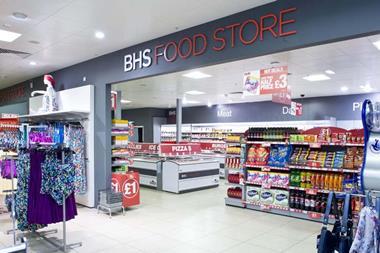
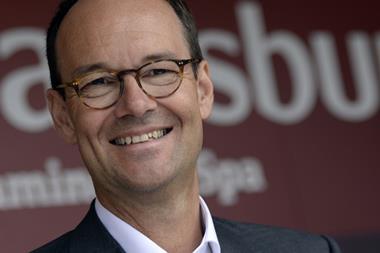
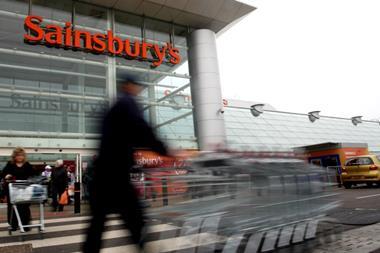
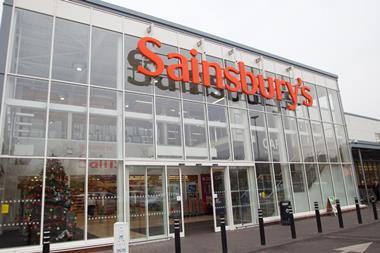
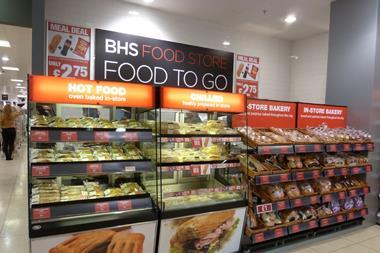
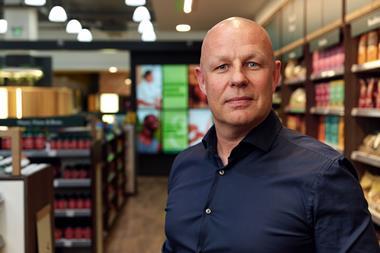


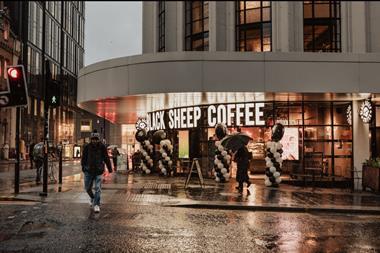
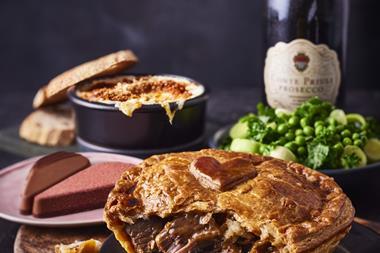
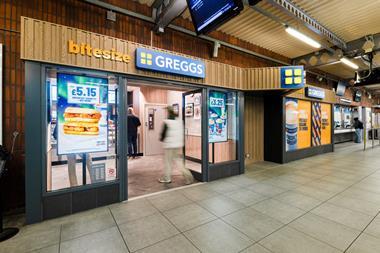
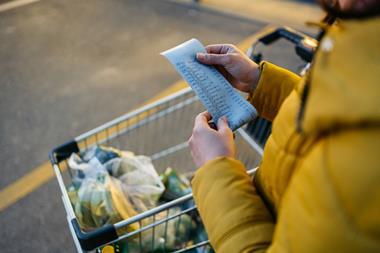
No comments yet